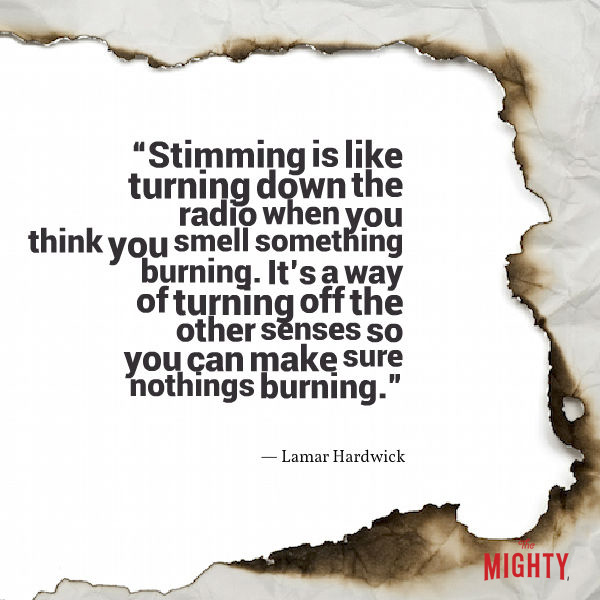Self-stimulatory behavior can involve repeating certain sounds over and over, engaging in repetitive body movements, or moving objects in a repetitive manner. Most of us engage in activities like these, whether it’s tapping our heel during the morning bus commute, or flipping our pen between our fingers during a late afternoon meeting. Self-stimulatory behavior is also one of the defining features of ASD. As we have learned from individuals with ASD, these behaviors (also known as “stimming”) may be used to manage the overwhelming amount of sensory information they receive from the environment.
The Mighty is an online publication that recently asked its readers with ASD to share some of their personal perspectives on why they use stimming. The stories these individuals shared are as varied and unique as the person who shared them. One person expressed, “Sometimes the sensory input gets too much, and I feel like I might explode. Stimming releases the tension and makes me feel a lot calmer.” Another stated, “Stimming is like breathing… just as natural, just as important.” Click here to read more personal stories about stimming from The Mighty.
